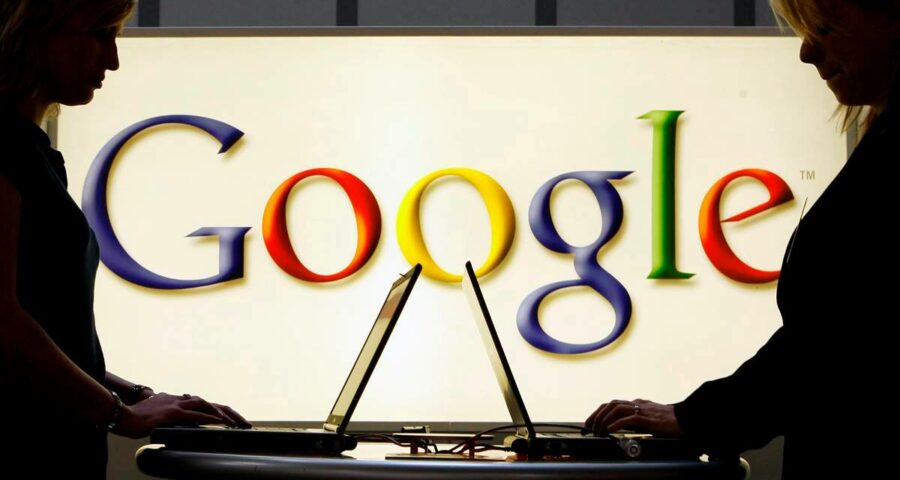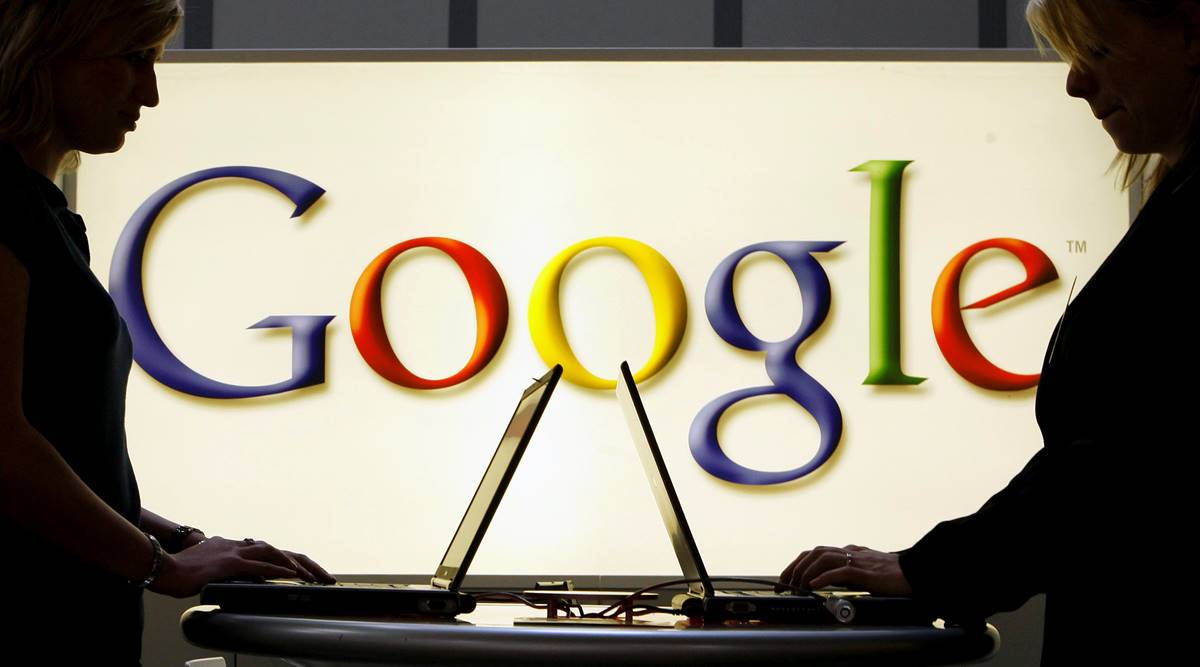However, Google has clarified that certain rules under the new IT Rules would be applicable to it as an intermediary.
Approaching the Delhi High Court against a judgment characterizing it as a “significant social media intermediary” under the new IT Rules, Google Wednesday contended that the requirement of observing additional due diligence cannot be extended to it since it is only a search engine, which is called an “intermediary” under the IT Act. It said the proactive monitoring could have “a chilling effect” on free speech.
The division bench of Chief Justice D.N Patel and Justice Jyoti Singh issued a notice to the Centre, Delhi Police, Internet Service Providers Association of India and others in the appeal filed by Google and listed the case for hearing on July 25.
While issuing different directions in a case in which a woman’s photos without her consent were downloaded from Facebook and Instagram and then uploaded on a pornographic website, a single-judge bench of the HC on April 20 ordered the search engines including Google, Yahoo and Bing to proactively identify and globally disable access to any similar offending content by making them non-searchable on their platforms.
Contending that Rule 4 of the new rules does not apply to it, Google said its function is to only crawl and index existing information as available or published or hosted by independent third-party websites and such a process is done in a passive and automated manner with “no human intervention or inter se user interaction”.
However, Google has clarified that certain rules under the new IT Rules would be applicable to it as an intermediary.
Rule 4 casts different additional obligations on the significant social media intermediaries. It requires them to appoint a Chief Compliance Officer, a nodal contact person for 24×7 coordination with law enforcement agencies, and a Resident Grievance Officer in India.
“Ld. Single Judge failed to note that Rule 4 is aptly titled ‘Additional due diligence to be observed by a significant social media intermediary.’ The said provision being clear and unambiguous in its applicability to only a particular kind of intermediary, there was no occasion to expand its applicability to other kinds of intermediaries,” reads the petition.
Google also argued that the judgement passed by the single bench “cast onerous and impossible obligations” on the search engine to proactively identify and remove the offending content. “The impugned direction is impossible for a search engine to comply with given its automated and passive functioning. It also violates the settled principle that no proactive monitoring can be directed as it has a chilling effect on free speech and may result in over-blocking of even content that is otherwise legitimate,” it said.
It said general observations on the issue of global removal is “overboard” and that each content has to be adjudged in its own facts and context. A template order for “all grievances” is in contravent of the law, Google said.
“The Ld. Single Judge has concluded by directing that non-compliance with the directions would entail loss of immunity under Section 79 and ipso facto attract penal consequences under Section 85 of the IT Act,” reads the petition, adding Google has been exposed to the risk of “needless contempt and penal proceedings and loss of immunity” for “perceived’ non-compliance of the impugned judgment or others like it, without being heard, which would be highly prejudicial”.
Google has also contended that observations by the Single Bench pertaining to the 2009 Blocking Rules and their expansion to all kinds of offences is erroneous and severely disturbs the settled law that governs intermediaries.
“Section 69A of the Act is an exceptional provision and limited to the 5 grounds therein i.e. “i.e. sovereignty and integrity of India, defence of India, security of the State, friendly relations with foreign States or public order or for preventing incitement to the commission of any cognizable offence relating to above,” adding the 2009 rules only apply to offences mentioned under Section 69A.
It also has objected to the observation that a court can issue a directions that ‘any offending content’ ought to be taken down within 24 hours of an order and submitted that Rule(3)(2)(b) of the new rules is limited to the complaints received from a victim relating to specific offences alone. “Proviso to Rule 3(1)(d) of the New Rules 2021 prescribes a timeline of 36 hours from the receipt of the court order for an intermediary to take action for all other kinds of content. The direction of the Ld. Single Judge is contrary to the clear wording of the Rules themselves,” reads the petition further.
Source: Read Full Article


